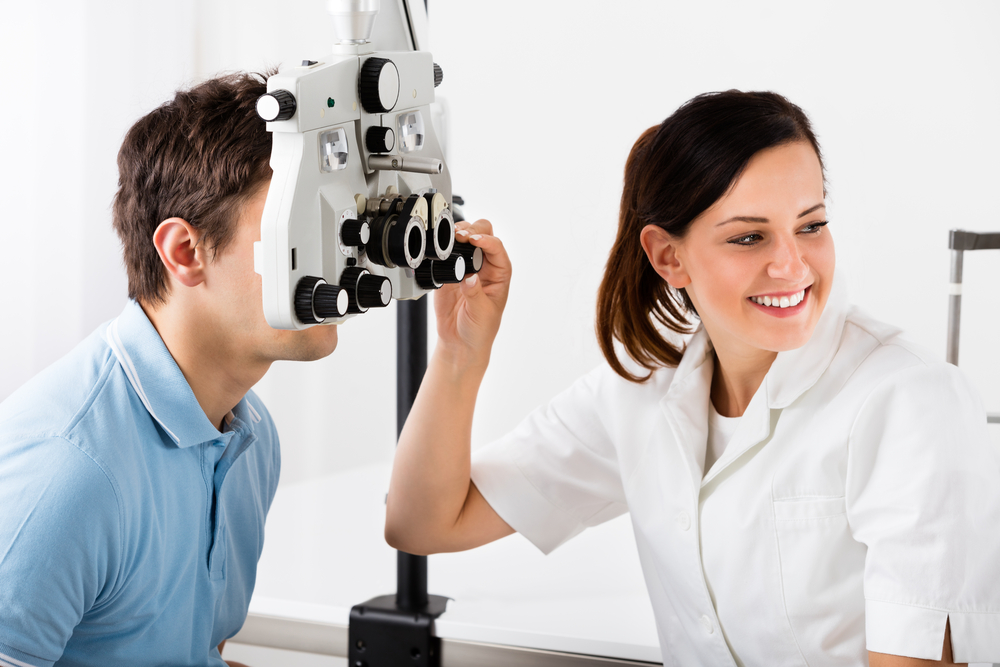
Your eyes are one of your most precious assets, allowing you to navigate the world and experience its beauty. However, many people overlook the importance of regular eye exams, often neglecting this crucial aspect of their healthcare routine.
What is a Comprehensive Eye Exam?
A comprehensive eye exam is a thorough assessment of your visual system, conducted by an optometrist. This examination goes beyond a simple vision screening and delves into the overall health and function of your eyes.
What to Expect During a Comprehensive Eye Exam
When you visit your eye care provider for a comprehensive eye exam, you can expect a comprehensive and personalized assessment of your visual health. The process typically involves the following steps:
- Medical history: Your eye care provider will begin by asking about your medical history, any vision-related concerns, and any family history of eye conditions.
- Visual acuity test: You will be asked to read an eye chart, which measures how clearly you can see at different distances.
- Refraction assessment: Your eye care provider will use specialized equipment to determine the precise refractive errors in your eyes and assess your need for corrective lenses, such as glasses or contact lenses.
- Eye muscle evaluation: They will assess the coordination and movement of your eye muscles, ensuring they are working properly.
- Slit-lamp examination: A slit-lamp is used to closely examine the front and back structures of your eyes, including the cornea, iris, and lens.
- Pupil dilation: Your eye care provider may dilate your pupils using eye drops, allowing them to get a better view of the internal structures of your eyes.
- Retinal examination: Your eye care provider will use specialized imaging techniques, such as ophthalmoscopy, to examine the health of your retina and optic nerve.
Conditions that Can Be Detected During an Eye Exam
A comprehensive eye exam can detect a wide range of eye conditions and health issues, including:
- Refractive errors (nearsightedness, farsightedness, astigmatism)
- Cataracts
- Glaucoma
- Macular degeneration
- Diabetic retinopathy
- Dry eye syndrome
- Eye infections or inflammations
- Neurological conditions affecting the visual system
The Importance of Regular Eye Exams for Early Detection
Regular comprehensive eye exams are essential for maintaining and protecting your vision throughout your lifetime. Comprehensive eye exams can identify a wide range of eye conditions in their early stages, when they are often more treatable. If you have been diagnosed with an eye condition, such as glaucoma or macular degeneration, regular exams allow your eye care provider to monitor the progression of the condition and adjust your treatment plan accordingly.
Eye exams can sometimes reveal signs of underlying health conditions, such as diabetes or high blood pressure, which can be detected through changes in the eyes.
Schedule Your Comprehensive Eye Exam with Oppenheimer Eye Clinic Today
Your eyes are a vital part of your overall health and well-being, and comprehensive eye exams are the key to maintaining and protecting your vision. By scheduling regular check-ups with a qualified eye care professional, you can ensure that any potential vision or eye health issues are detected and addressed early on, preserving your sight and your quality of life.
Prioritize your vision and eye health by scheduling your comprehensive eye exam today. Contact Oppenheimer Eye Clinic at our office in Key West, Florida, or call (305) 294-5503 to book an appointment today.






